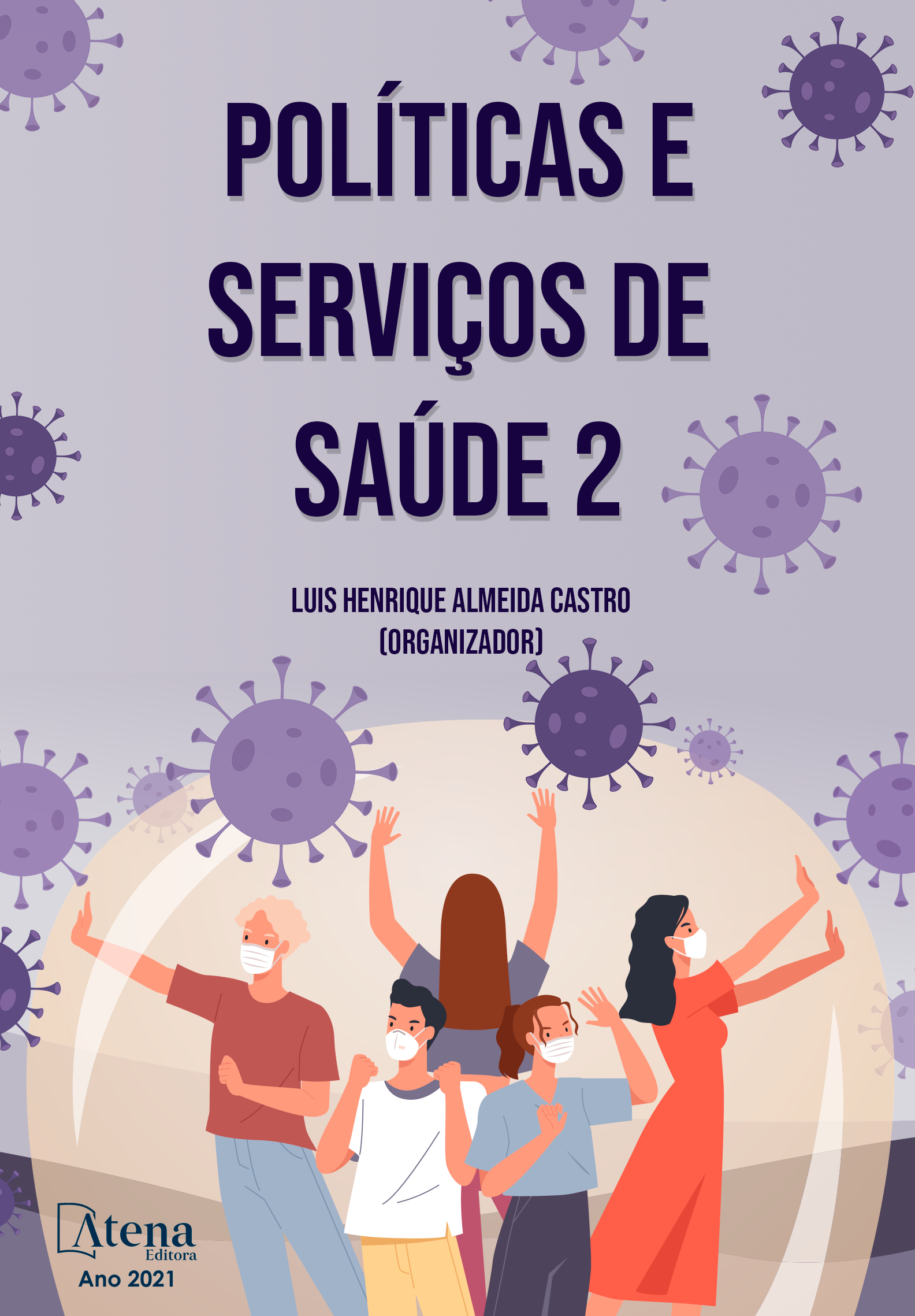
A POLÍTICA DE INOVAÇÃO TECNOLÓGICA NA SAÚDE E A AGENDA DE DESENVOLVIMENTO SUSTENTÁVEL
O Sistema Único de Saúde (SUS) é um dos maiores sistemas de atendimento médico público do mundo, criado em 1988 com a promulgação da nova Constituição Federal, que determina que o acesso à saúde é direito de todo cidadão. Nesse sentido, ressalta-se o papel central de políticas públicas para o desenvolvimento do Complexo Industrial da Saúde (CIS). A construção de um sistema universal de saúde, que atenda à demanda sanitária da população, pressupõe o crescimento da base produtiva da saúde no país, o que inclui a constituição de uma dinâmica endógena de inovação em saúde. As políticas, programas e ações construídos para o CIS visam o seu fortalecimento, de forma a garantir e promover os avanços necessários para atendimento às demandas prioritárias do SUS, contribuindo, desta forma, a ampliação do acesso e na redução da sua vulnerabilidade. No período de 2015 até a elaboração deste estudo, o Governo Federal não instituiu nova Política Industrial. Entretanto, as ações para o CIS continuaram a ser implementadas com a intenção de dar robustez e consolidação de sua atuação para o setor da saúde. O lançamento da Política Nacional de Inovação Tecnológica na Saúde (PNITS), instituída pelo Decreto nº 9.245, de 20 de dezembro de 2017, pode promover a segurança jurídica necessária para o fortalecimento do CIS e desenvolvimento sustentável da Agenda 2030.
A POLÍTICA DE INOVAÇÃO TECNOLÓGICA NA SAÚDE E A AGENDA DE DESENVOLVIMENTO SUSTENTÁVEL
-
DOI: 10.22533/at.ed.1822104013
-
Palavras-chave: Desenvolvimento Tecnológico; Desenvolvimento Industrial; Sistema Único de Saúde.
-
Keywords: Technological Development; Industrial Development; Health Unic System.
-
Abstract:
The Health Unic System (SUS) is one of the largest public medical care systems in the world, created in 1988 with the promulgation of the Federal Constitution, which establishes that access to health is the right of every citizen. In this sense, the central role of public policies for the development of the Health Industrial Complex (CIS) is highlighted. The construction of a universal health system, which meets the population’s health demand, presupposes the growth of the country’s health production base, which includes the creation of an endogenous dynamics of health innovation. The policies, programs and actions developed for the CIS are aimed at strengthening them, in order to guarantee and promote the necessary advances to meet the priority demands of SUS, thus contributing to broadening access and reducing their vulnerability. In the period of 2015 until the elaboration of this study, the Federal Government did not institute new Industrial Policy. However, actions for the CIS continued to be implemented with the intention of strengthening and consolidating its actions in the health sector. The launch of the National Policy on Technological Innovation in Health (PNITS), instituted by Decree 9.245, of December 20, 2017, can promote the legal security necessary to strengthen the CIS and sustainable development of Agenda 2030.
-
Número de páginas: 10
- Thiago Rodrigues Santos
- Flavia Caixeta Albuquerque
- Karina Pires Nogueira
- Fotini Santos Toscas


